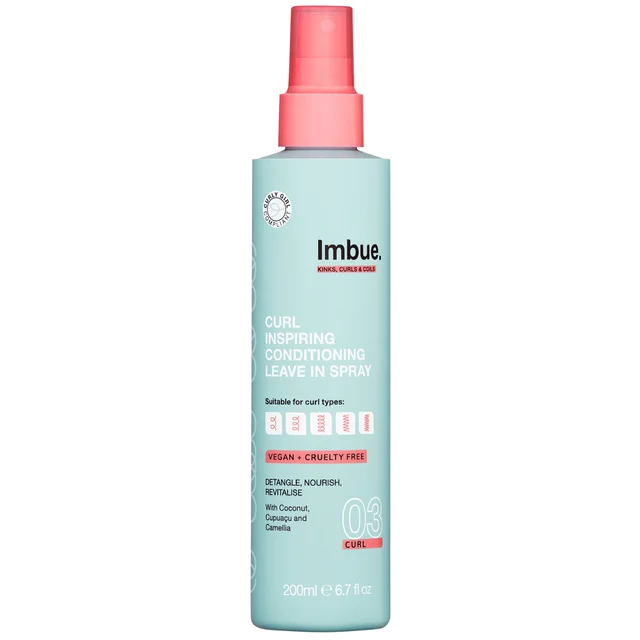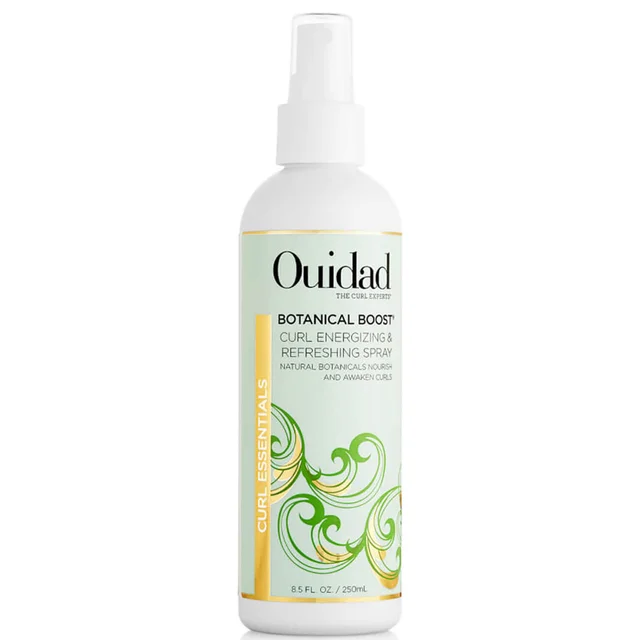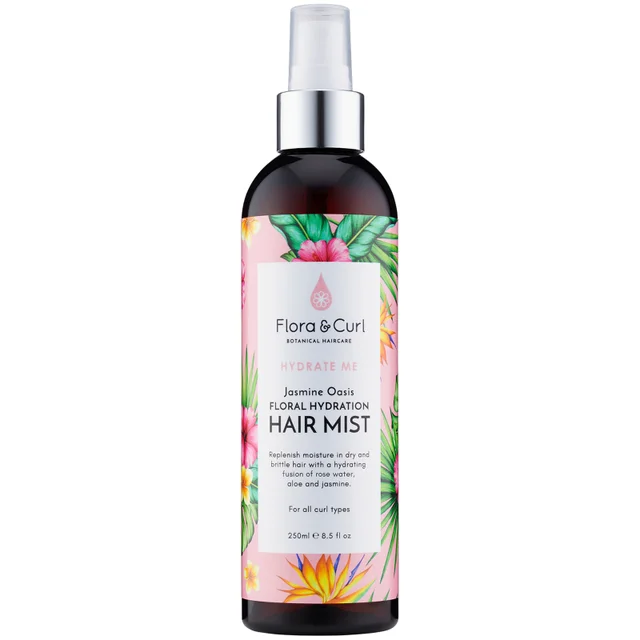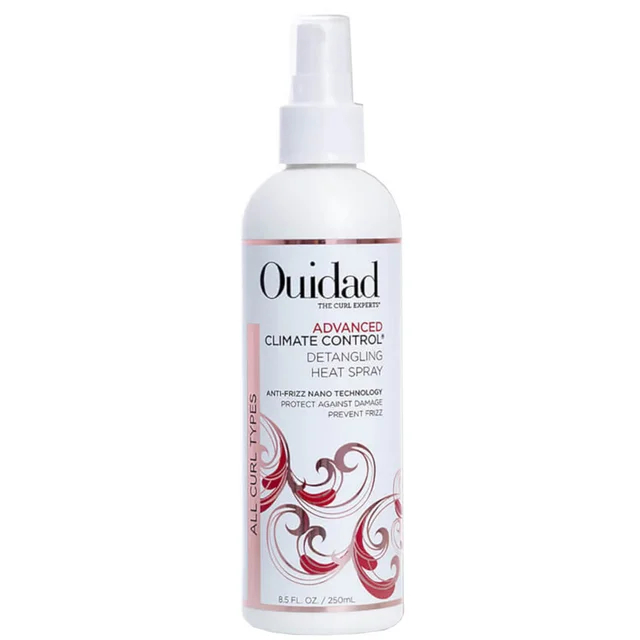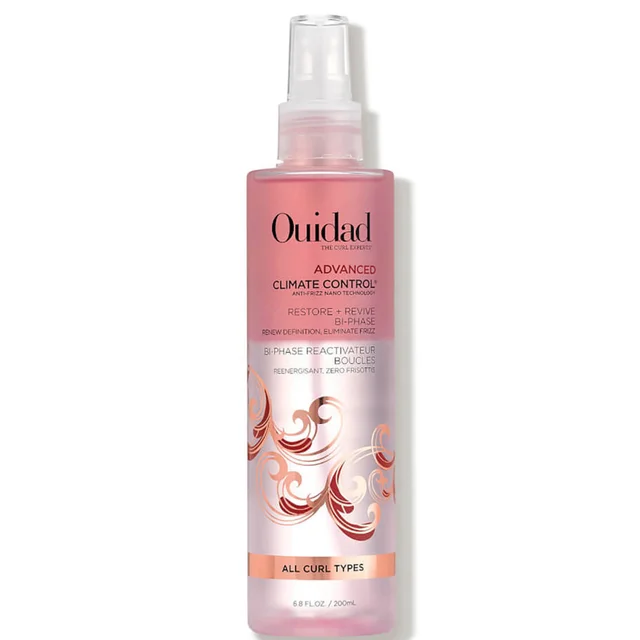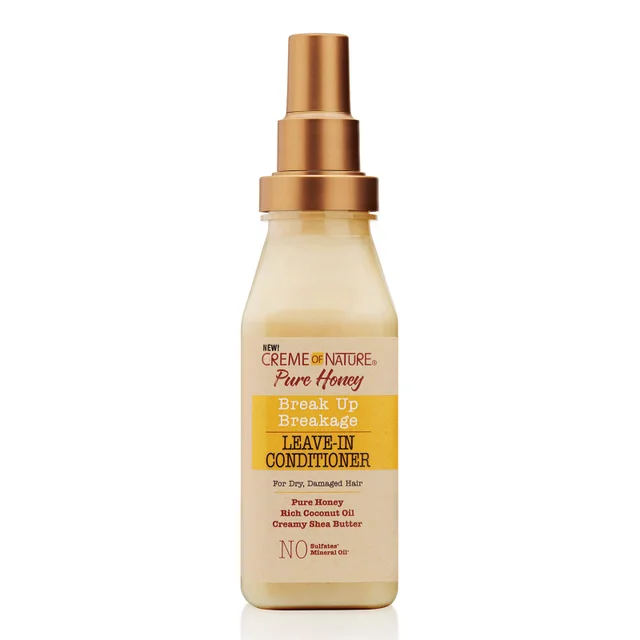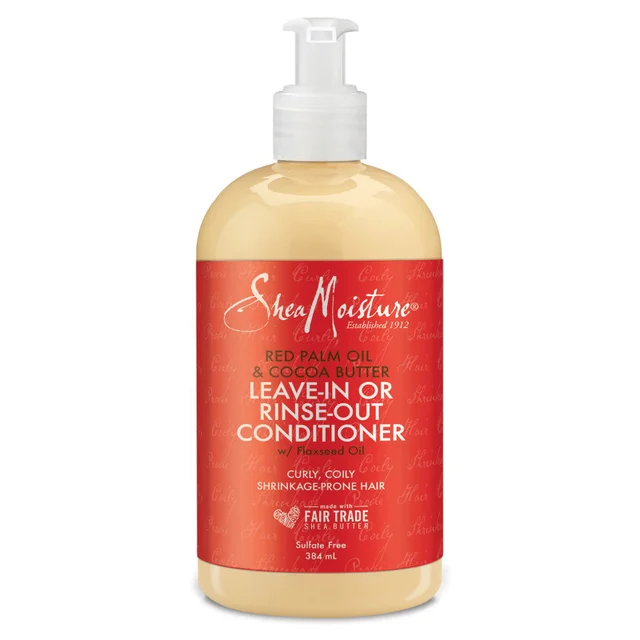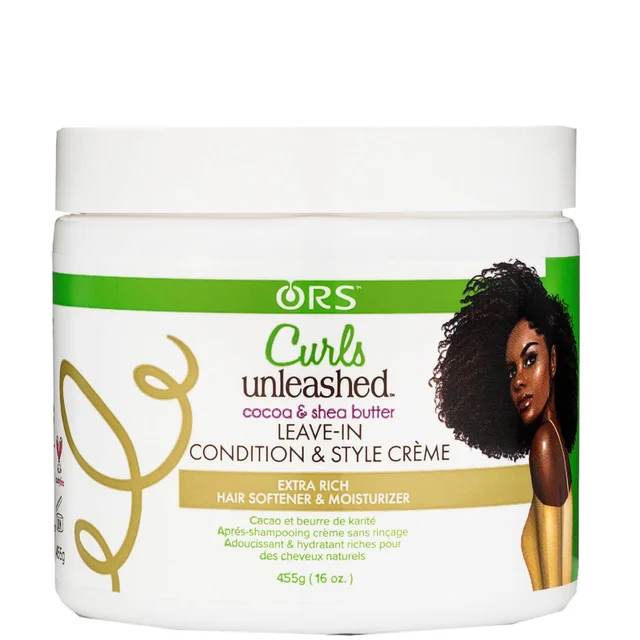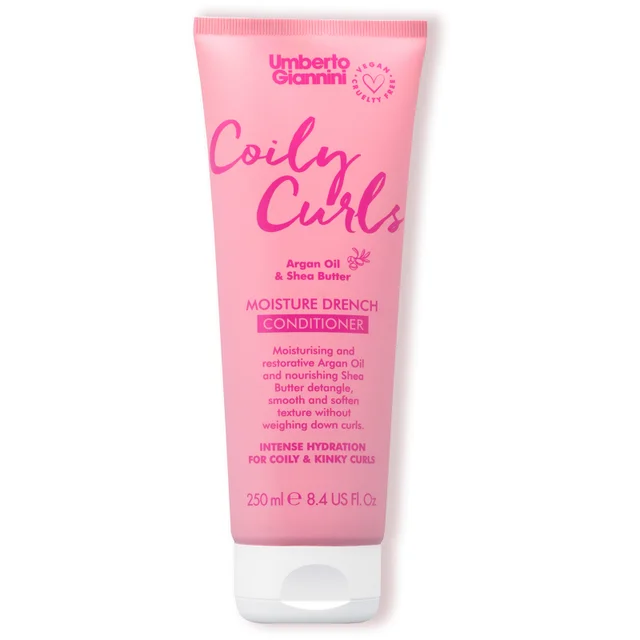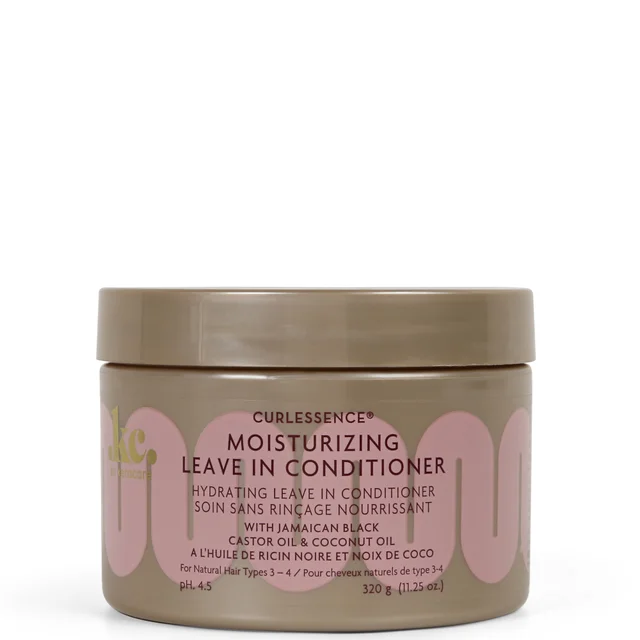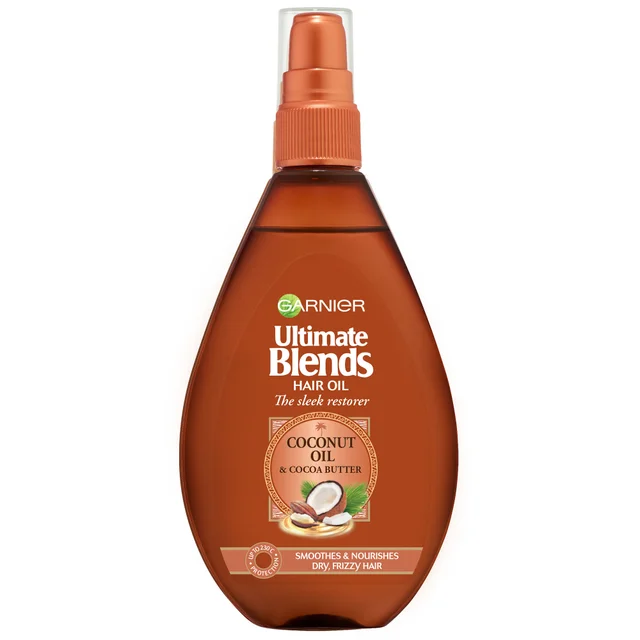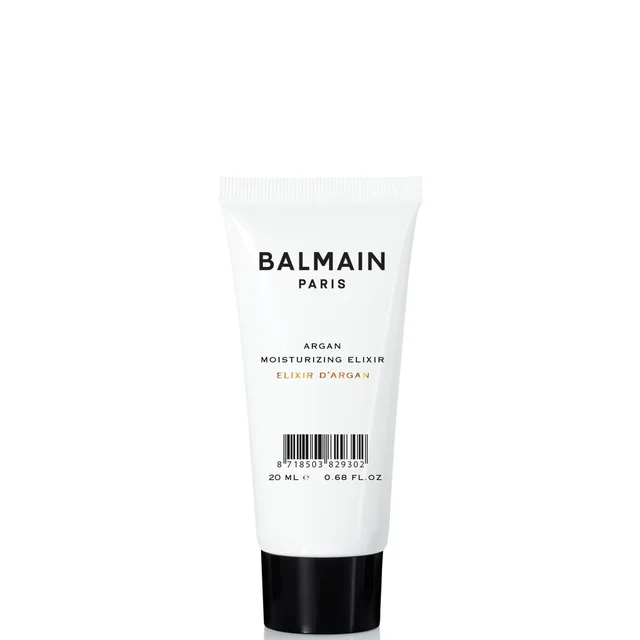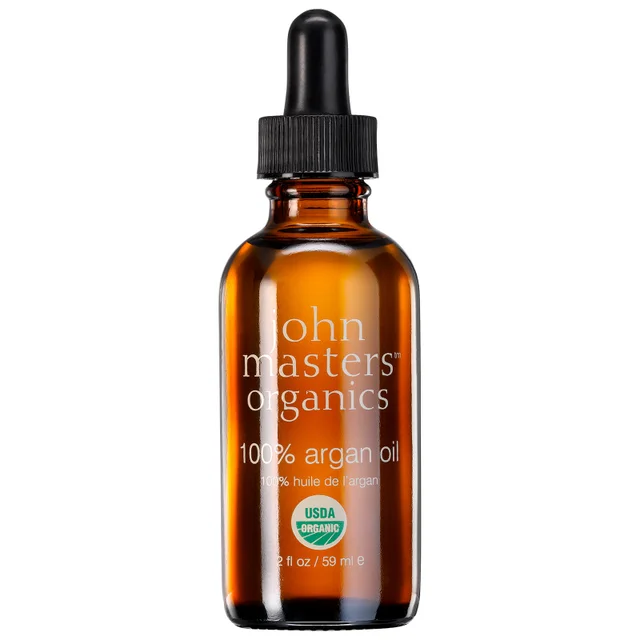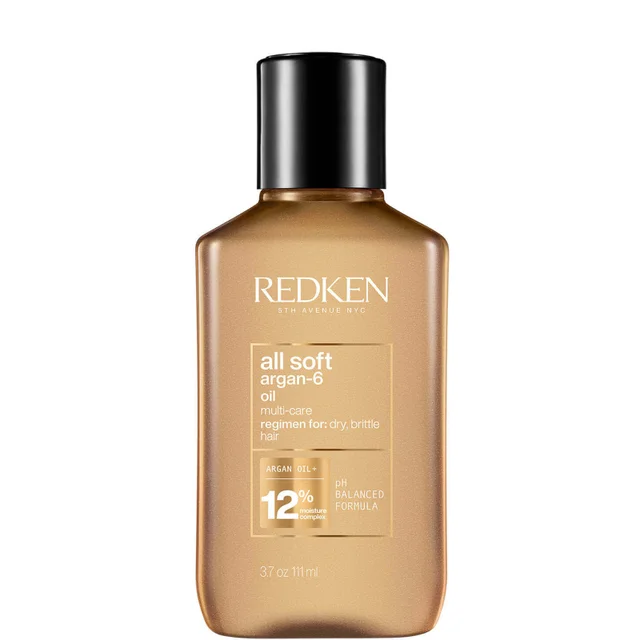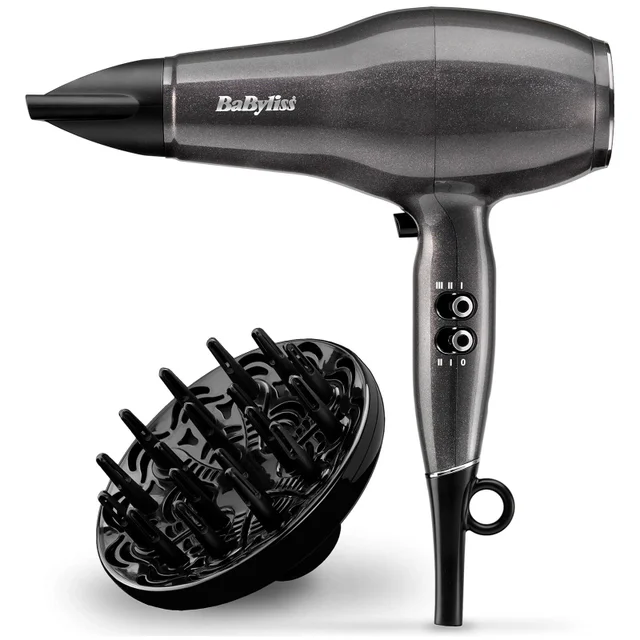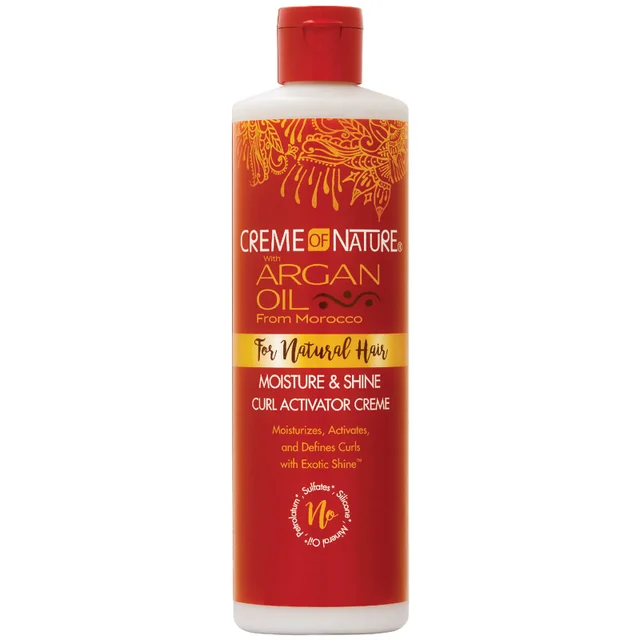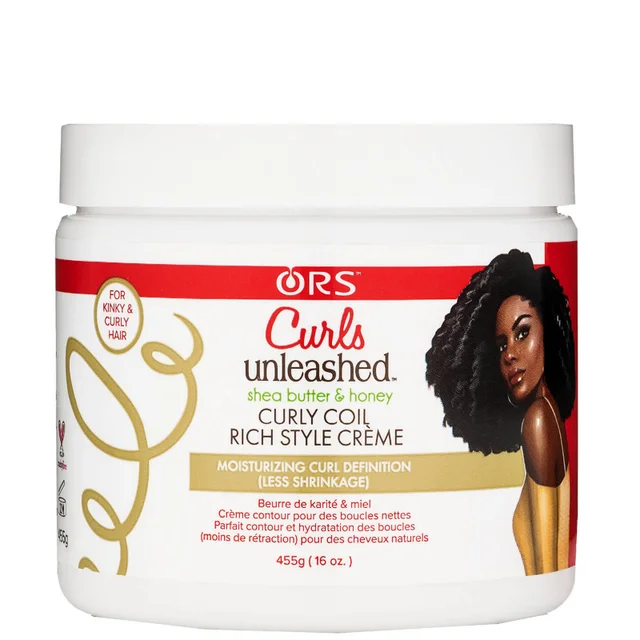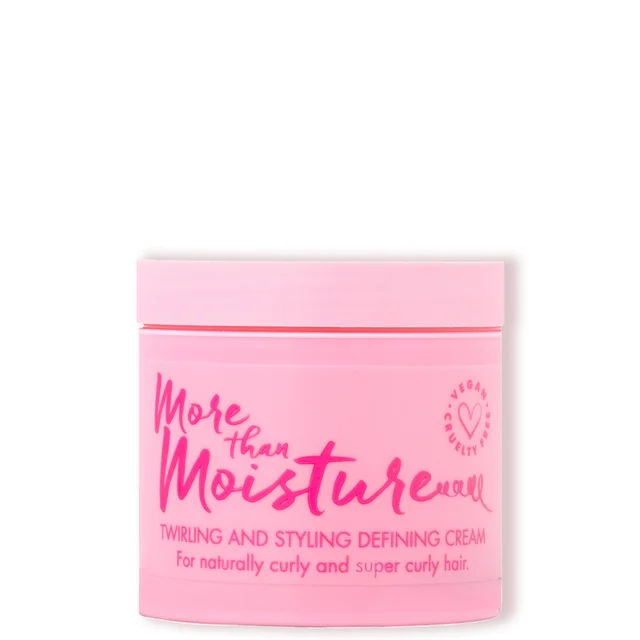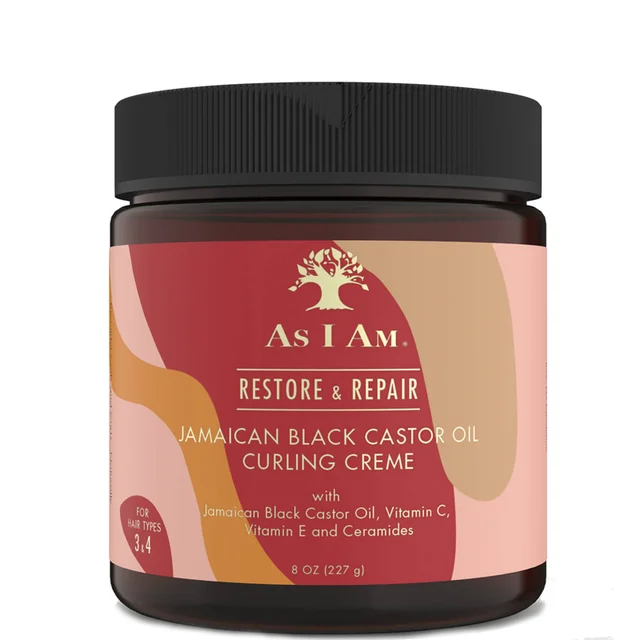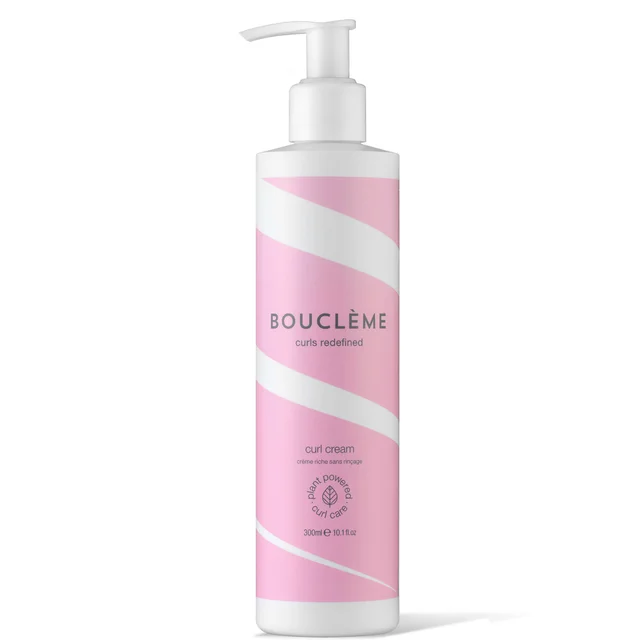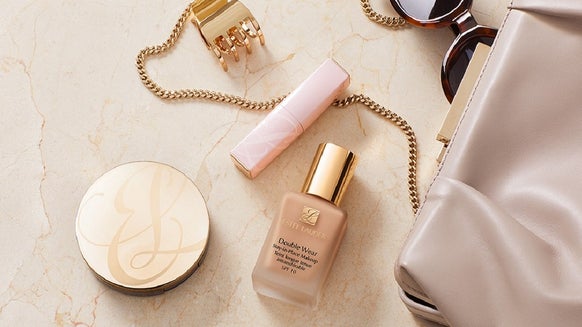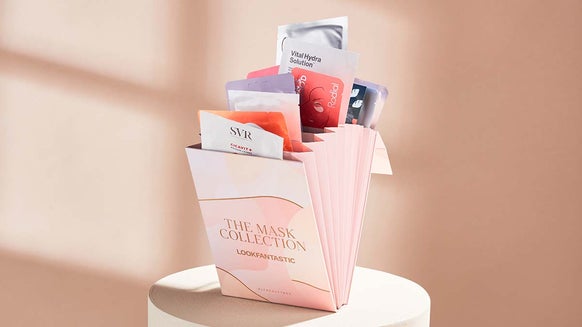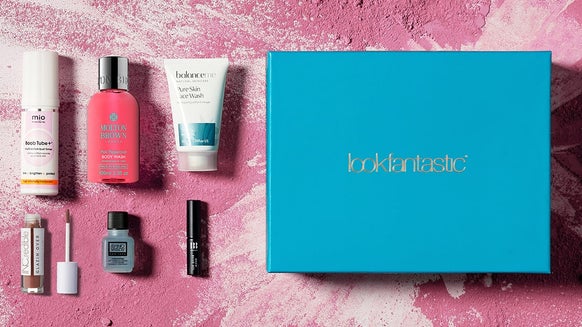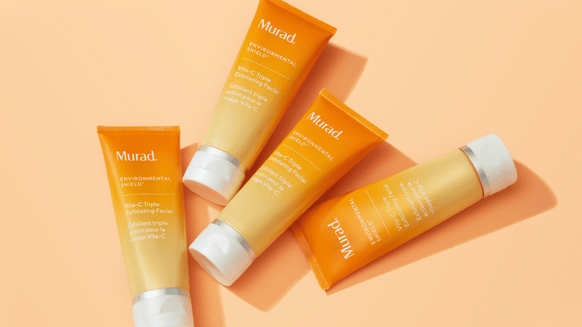What is the LOC method?
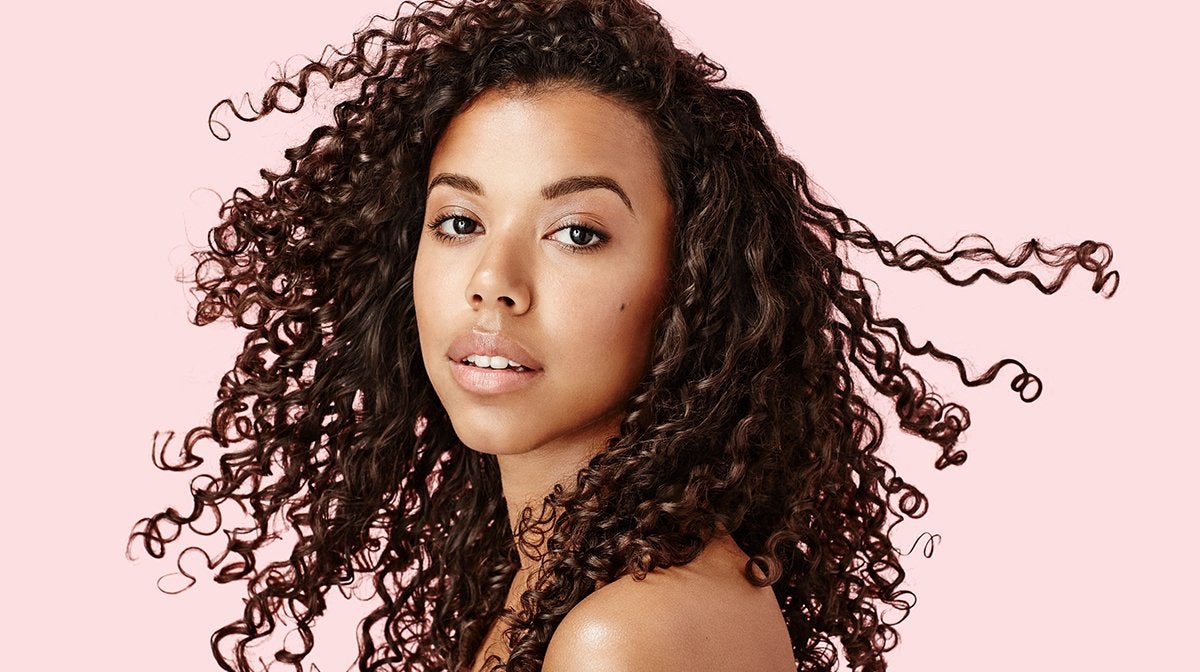
The LOC method stands for
Does your hair still feel dry and brittle just days after conditioning, no matter what products you use? How you layer your products plays a huge part in how effective they can be. The best way to moisturise dry, damaged or frizzy hair, the LOC method is great for anyone who wants softer, silkier and more defined curls.
Before you start, you need to know how porous your hair is. Check out our ‘Everything you need to know about hair porosity’ article to discover what type of hair you have. Done? Then let’s begin…
How do you do the LOC method?
Step 1: Liquid
The LOC method should always start with damp hair. It can be done after you’ve washed and conditioned, or simply dampened your hair with water. If you’re using the LOC method to refresh your curls between wash days, use a spray bottle or your hands to apply water to your hair. Make sure you’ve sectioned your hair first, so that every single curl is covered with moisture.
Now, you can apply a water-based mist, and/or a lightweight leave-in conditioner - in that exact order. If your hair is more prone to dryness, high porosity, or recovering from dye or chemicals – use both!
Using your fingers, a comb, or delicate brush, distribute the product evenly through each section, applying the water or mist before your the leave-in. Start at the ends, they crave moisture the most, and it will make detangling so much easier.
If you’re following the Curly Girl Method, make sure you use products that are free from sulphates, silicones and alcohols. Check out our Curly Girl Method article if you want to learn more.
Step 2: Oil
Next, go in with your oil. The oil acts as a sealant, locking in all the lovely moisture you’ve just applied. Don’t go crazy with the amount, you only want a thin coat of oil to cover the strands. Oils infused with natural emulsifiers are best for this step, as they further moisturise your hair.
The oil you choose will depend on your hair porosity. Low porosity hair needs something lightweight, while high porosity needs something thicker. The viscosity of the oil determines how thick a barrier it will form around your hair, and each hair type needs something different.
Here are the best oils for each hair type.
High Porosity = moisture is easily absorbed but quickly lost.
High porosity hair loses moisture the quickest, so it needs thicker oils to create a barrier and lock in the moisture.
- Castor oil
- Olive oil
- Coconut oil
Normal Porosity = moisture is fairly easy to absorb and retained quite well.
This hair type is in the middle, so it needs a medium weight oil. Anything too light won’t help enough, and anything too heavy will leave your hair looking greasy.
- Jojoba oil
- Grapeseed oil
Low Porosity = moisture is difficult to absorb, but easy to retain.
Low porosity people have trouble absorbing moisture, and so anything too heavy will just sit on top of the follicle. An oil that is too thick will create a barrier, making it extremely difficult for your hair to absorb any goodness. Something lightweight will do a much better job, sealing in the newfound hydration without suffocating the strand. Apply lightly!
- Camellia oil
- Avocado oil
- Argan oil
Step 3: Cream
Finally, you’re ready for your cream. If you’re high porosity, adding the cream at the end helps to prevent moisture loss, closing the cuticles to secure your newfound hydration. Your hair will still absorb some of the cream, but the oil will stop the strands from absorbing too much. This step also helps to add definition, giving you a bouncier crown.
Now, let your hair air dry - unless it's chilly outside or you’re in a rush, in which case you can use a diffuser. Only diffuse until your hair is around 70% dry. If you keep going until 100%, you’ll be left in frizz central.
What is the LCO method?
The only difference between the LCO and the LOC method is the order in which you apply your products. It’s the old switcheroo, swapping the order of the cream and oil.
Is LCO or LOC method better?
Again, the answer depends on your hair type.
If you’re high porosity, I would recommend the LOC method. High porosity hair tends to take in more moisture than it needs, causing the cuticles to swell. This makes the hair look frizzy and leaves lots of tiny gaps for all your moisture to escape from. Oil helps high porosity hair to become less porous, meaning it won’t over absorb moisture. By applying oil before your cream, the oil can act as a barrier, helping the hair strand to hold onto the liquid from the first step, and only absorb what it needs from the cream step.
For low porosity, try the LCO. Low porosity hair struggles to absorb moisture at the best of times, and putting your oil on before your cream makes this even harder. The oil acts as another barrier, making it very difficult for your hair to absorb the cream. Rather than being properly absorbed, the cream will just sit on the outside of your hair, not doing much.
Instead, apply your cream second, and add the thin layer of oil at the end. Take it slow with low porosity hair, carefully applying each product section by section. Your hair type needs more time to absorb moisture, so don't rush. If all three products are still too much for your hair, take one out. Try out an LO or an LC.
Want to learn more about your hair?
Discover your curly hair type here on LOOKFANTASTIC. Once you've got that down, you can shop according to your hair type's needs! Shop Curly or Afro & Textured to see the best products for your hair.

Our team of beauty experts cover everything from makeup to skincare, picking out the most effective products from the best brands and latest trends. Stay up to date on everything beauty with the LOOKFANTASTIC blog, and find all your essentials in one place.
